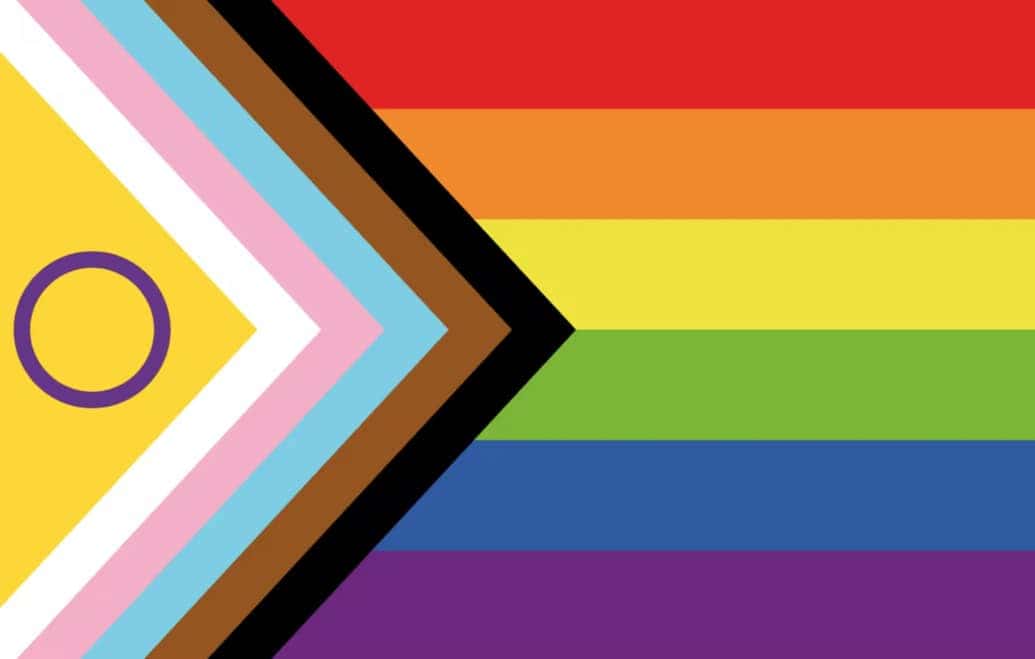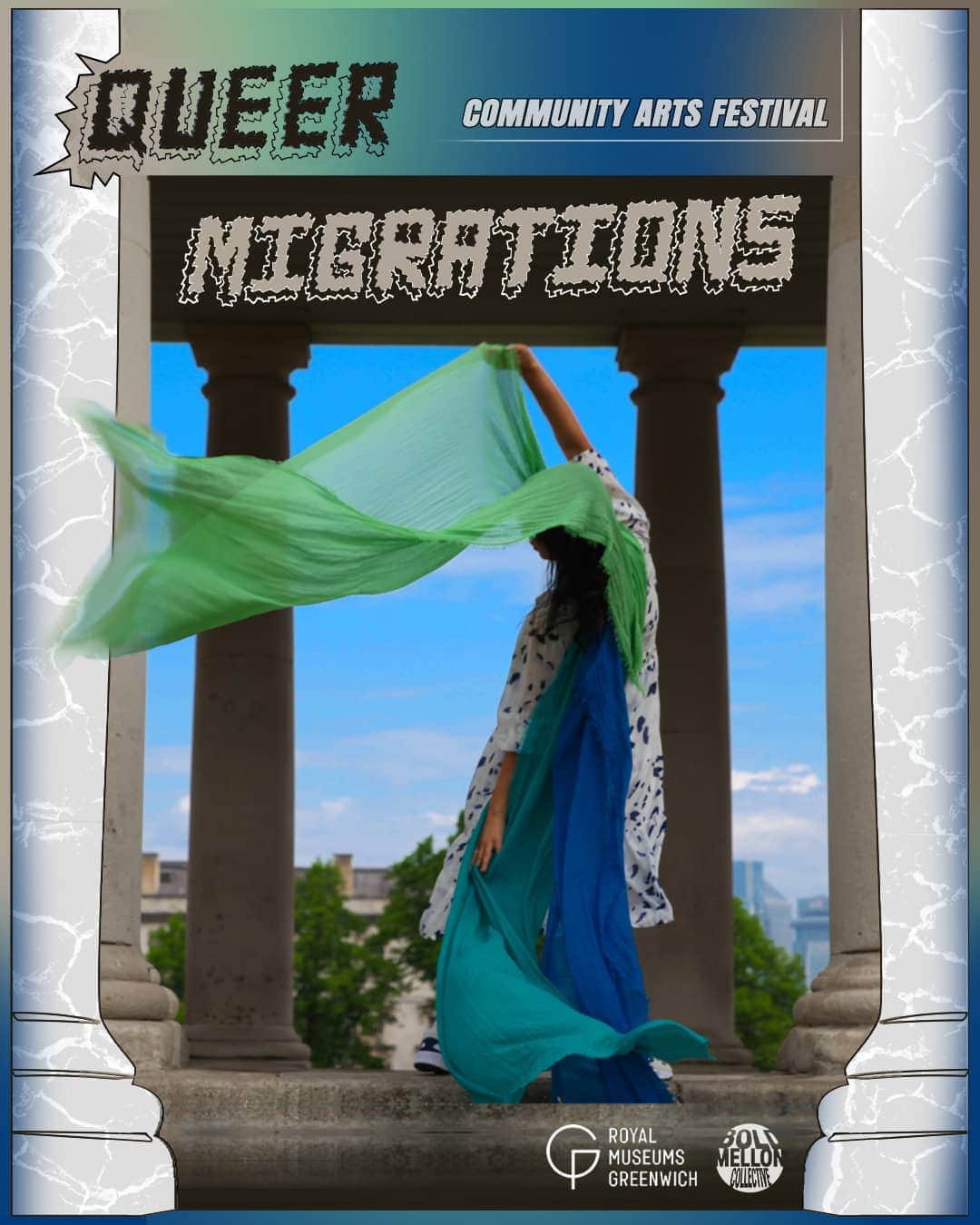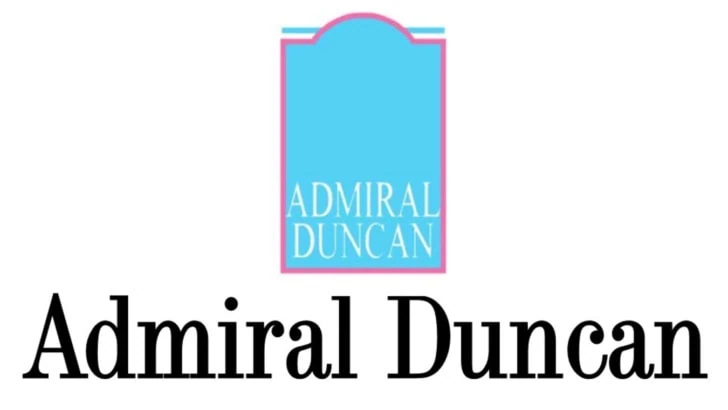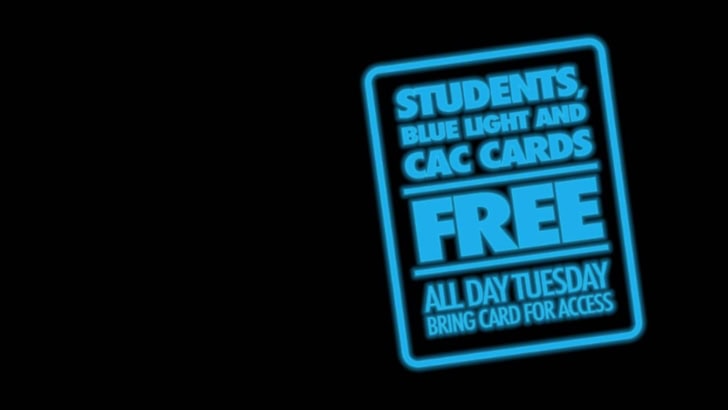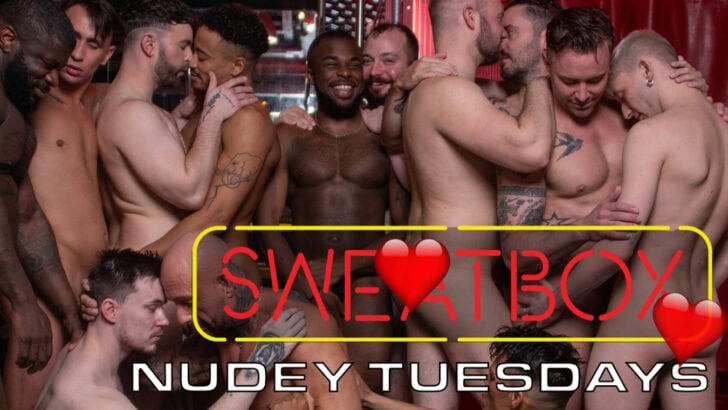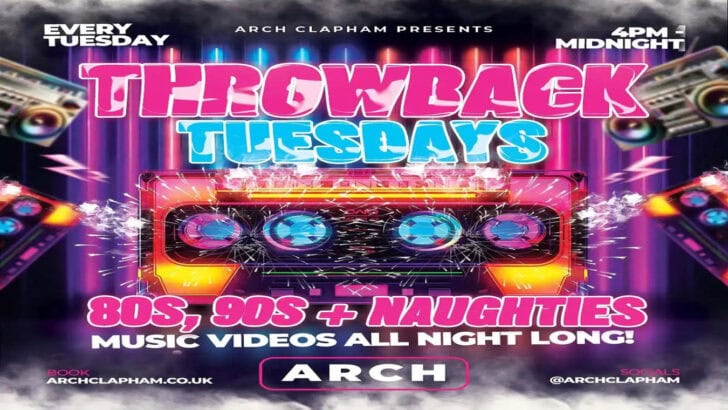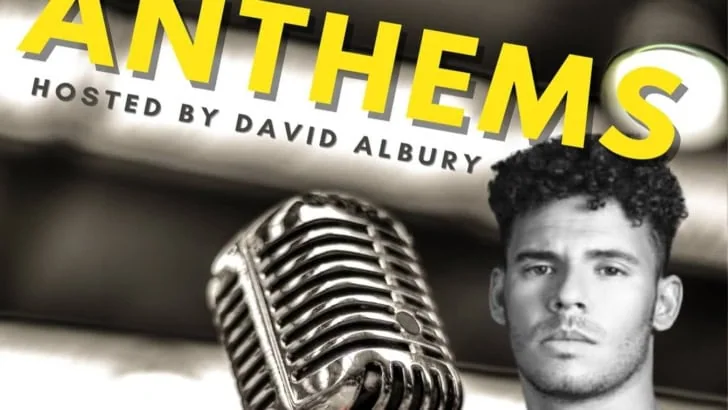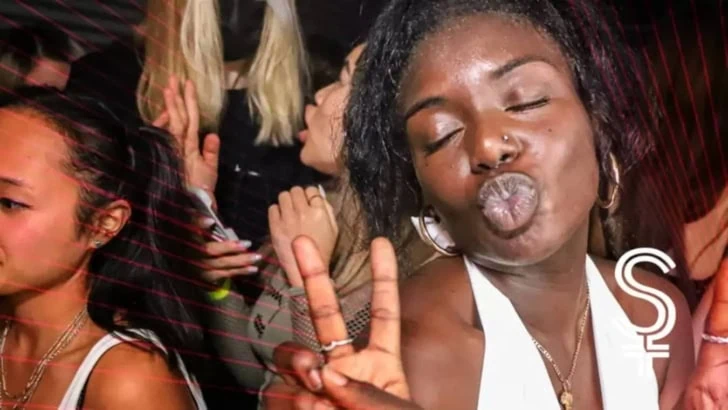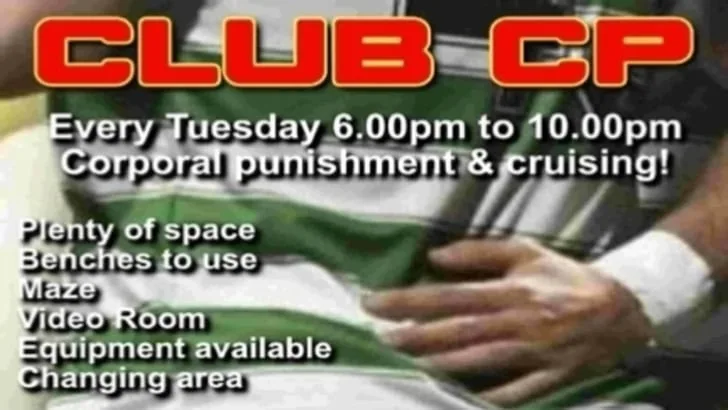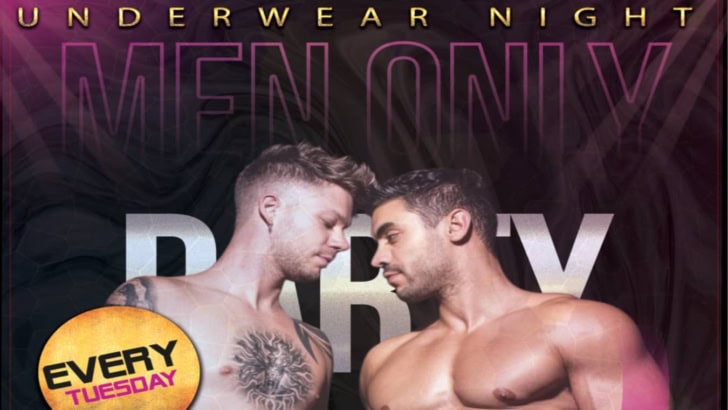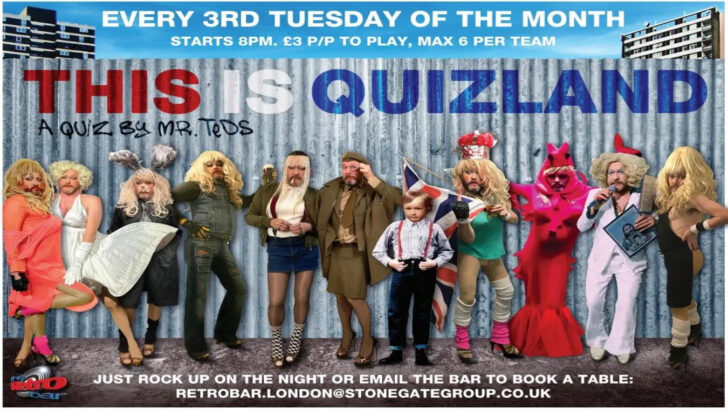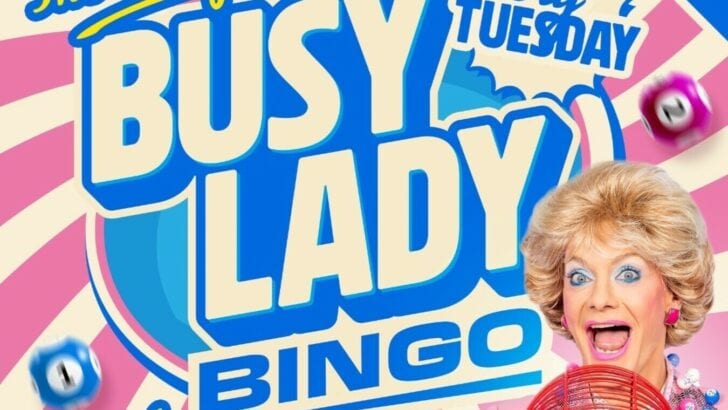Ernesto Tomasini is one of the most mercurial performers in London and Europe
By Patrick Cash
Tell us a little bit about yourself.
There’s a lot to say, because it’s a long life, but I’ll try and keep it brief. I was born in Sicily in Palermo, the capital of the mafia amongst other things, and I grew up there. When I was very young, about 15, I was lucky enough to win a scholarship to go to America for drawing, because I was a child prodigy at sketching. So I went to Walt Disney’s school, the California Insitute for the Arts, and there alongside cartooning you had to learn clowning, and stuff that would be useful for the animations, like the expressions etc. So I took some clowning courses and then there was a show and they needed a young clown and I did the show and that’s how the performance side of things came into my life. When I went back to Italy I put the two things alongside each other: with the drawing, I was working for a national newspaper, and at the same time I was performing my little cabarets around town and then Italy.
Were you performing in the streets sometime?
Very briefly, with all my gay friends, we were dancing and doing songs. And then someone who owned the club said ‘why don’t you come and do this in my club?’ and then legitimate theatre came, because a major Italian movie star saw me in one of my cabarets and took me with him. We did tours and legitimate plays, so I was never trained as such, I’d always just done it from age 16 to 20. So then I decided to come to London to train. I was going to stay here for a year, but then job after job after job came, I got the West End, I was able to work on my own writing and material, and taking over the world… [Laughs] I never stopped!
Do you think you would have pursued the performing vein if you hadn’t gone to California?
I think so, because you know my great-great-grandfather was one of the last great stars in the Commedia dell’Arte craft in theatre. I never met him, he died in 1901 but I believe it’s genetic and I believe the urge inside of me was so inevitable and strong, I think because of this connection I would have ended up doing it.
How do you describe yourself?
That’s a good question, I don’t know because I’ve done everything – the only thing I’ve never done I will do in December, and that’s DJ!
Where are you DJing?
On the Ship of Fools on the Thames, a boat venue, a gig for a friend of mine. I’ve done theatre, films, acting singing, acrobatics, puppets, you name it, dancing, so I don’t really know. People come up and cast me in various things and I just do what I ask – obviously what I choose to do – but I’ve amassed so many crafts and I never even planned it. I guess, I do like it, so maybe it’s part and parcel of what I want to do without ever having to actually do it. I never said ‘now I want to do some dancing, please cast me as a dancer’, but then they come up and ask me to do it. I’ve done everything from West End Shows to alternative cabaret with people pissing on stage, from the very legitimate and squeaky clean to the most outrageous and foul things.
How would you describe yourself sexuality-wise?
I don’t know, that’s a good question. I’ve stopped wondering about my sexuality and that of other people, I don’t think it’s really relevant. I fought and was extremely gay in the 80s when I thought there was a need for it, it was really important to be there and I came out and made a big noise, and my cabaret was all about being gay really. And more than that, it was quite political, I was associated with the Italian Political Party which was the anti-prohibition league which was a party short-lived, very, very left-wing. It was about all alternative realities to be legitimised and to legalise drugs, which is something I strongly believe in today. So I was very gay, and now I’m not as concerned, I’m very disillusioned because I was out there in the 80s fighting for something which today has tamed, and I feel a bit uncomfortable with, I’m not entirely satisfied with the way things are going. Even the word LGBT I feel uncomfortable with, it sounds like a sort of exotic disease, or a dodgy drug. But there’s a huge chunk of it that seems to want to conform, and to become legitimate and dull and boring –
Assimilation?

Do you think your thinking about religious oppression is influenced by your growing up in a very Catholic country like Italy?
Yes, that’s interesting, I was very lucky because I’m an only child and I had very understanding parents. So when I came out to them, I was 15 perhaps they were immediately – well, not immediately, there was a very short period of adjustment but I had the support of my parents, so I never felt rejected or neglected. But I did feel so by society. In those days, we’re talking early 80s, there was no image in the outside gay world of another gay anything, let alone person. The only thing that existed was La Cage Aux Folles, that 1978 movie, and then Victor and Victoria came along, which saved my life. It was an American movie set in Paris, and it was very important because for the first time there was a positive image, all about showbiz and a woman pretending to be a gay guy who has a female voice – which is what I used to do, that was my trick in cabaret in the States. So that movie was big, big, big for me. But there were no images really of any kind, so you were really alone. I was 15 or 16 and it was really awesome of lots of different levels because the leading figure was Julie Andrews and when I was a child she changed my life in a positive way and made me want to be a singer when I saw Mary Poppins when I was very young. But besides that movie there was hardly anything and the Catholic Church… I wasn’t Catholic by then, I had already rejected and spat on it, but I was as a child, I used to sing mass at church, so I felt the oppression then. There’s an anecdote I tell a lot how my first rebellion happened when I was ten in the Church choir when I insisted on singing mass like a girl, with a female voice, and I was chucked out of the choir twice. I was meant to sing like a boy treble ‘Praise the Lord’ and then after watching Mary Poppins, I repeated what Mary Poppins does to the mirror, like that, and I was kicked out of the choir. My parents were called and it was a big, big thing for me. So that was my first rebellion against the church, against literally the congregation sitting down, with all these faces so shocked. And I had a long white skirt which I thought was so pretty and everyone was like ‘a boy should never sing like that’, but that’s exactly what they should tell you to make you want to do it more! So I think everything was triggered then, I rejected the church, I don’t believe in all that anyway despite the rebellion, and so I’m sure for me, I would have fought anyway and I had cabaret to express all of that, which was a good valve for letting it out. My cabaret was pretty queer, even though the word hadn’t been invented then. And also very feminist, I had many female characters that I would play with, it was all linked. Legalise drugs, legitimise gay people and liberate women. I was so young, 16 or 17, and then as I said legitimate theatre took over and I started working as an actor.
In the cabaret scene at the time, did you meet other gay people you could identify with?
Not onstage. I was the only openly gay one at the time, in my circuit. But there were certainly many, many, many gay people circulating around me. I created this gay cult around this club that wasn’t gay at all, it became like this decadent dance hall for the intelligentsia, which of course had a strong gay, and frustrated, core. There was nothing. You had to find gay themes in straight stuff, like in the old days with Sunset Boulevard and the diva that was somehow a code for a gay man. Bit by bit it started getting better, we started having films, but always the gay guy ended up dead or was suicidal or there’s a tragic ending, or comedic because it was all fluffy and silly, but that’s more the 90s. I actually wrote a show about it called ‘The Veiled Screen’ which was about gay stereotypes in the history of American movies from the silent films to Brokeback Mountain, which opened at the time. It was the Drill Hall, just before it closed in 2006.
We spoke a bit just now about your phenomenal castrati-like voice, how did you keep it after your voice broke?
When my voice broke and the hormones kicked in, I still wanted to sing like that and so I would secretly, when my mother left the house, put on a Julie Andrews record and sing the same octave. I had an amazing voice, I was very young, I could sing B-flat easy-peasy, and it went fine for a while until my neighbour congratulated my mother for her extraordinary soprano voice. And my mother was like ‘I don’t sing, what’s going… YOU! Sing like a girl!’ And I was found out like that, so I guess it was a sort of female soloist of sorts. In fact that’s what I identify more with today. I wouldn’t say that I’m transsexual, because no, that’s something completely different but I’m certainly transgender inside. Because of what I do, I don’t bring it out as much, as I probably would like for now, because I need to work and you know sometimes they cast me as a man. I’m probably transgender, whatever that means in the great meaning of the word but there’s no two sexualities that are the same. One can be heterosexual but within his heterosexuality he can have a fetish for feet or elbows and that makes him unique. So I’ve really stopped wondering about where I am and what people are. I’m not really interested in it. It’s up to them and what they are, as long as they don’t kill anyone!
Exactly. And let’s talk about Kaos, which seems like a fascinating party, and a very stimulating and scintillating group of artists coming together. How did you first get involved?
Well, I was doing the musical Chicago in the West End and after a year of doing the same bloody song, I was playing Mary Sunshine, I wanted to do something. So I wrote and developed with a Japanese musician at the time a sort of electronic opera, 15 minutes, it’s on YouTube if you want to watch it. And that was exactly 10 years ago in October and I think Lee Adams who’s the guy who runs it knew me from stuff I’d done before, like avant-garde and salacious things, and he called me to perform. And I was like ‘I’m doing Chicago, but fuck it, I could come at 2am’ and he was like ‘come at 2am, straight from the show’ and I did. And that’s when I met Othon. But at the time Kaos was only a salon des artistes, there was no club as such. There was music, but no dancing, it was all performance. You’d walk into this place hidden in Hackney, called the Speakers’ Palace, it was like a garage somewhere and there was no MC as such, people would just stand up and people would turn ‘there’s something happening here’ and a moustache would do an aerial thing in the middle of the room, really low and all sorts, and I’d do my opera thing and people would dance to Jewish traditional songs and musical, it was really weird. And then it went to other venues, and then it moved to Stunnerz where it stayed for many years, and that was its highlight, its high tide, I haven’t been to the new venue yet, Electowerkz, I’ve never seen the new setup because I’m always travelling and I’m always away, although I was literally on the flyers as the pinup boy for Kaos for many years, but I haven’t been to the new place, but I will do when I’m in town. So some people I already knew from Kaos, but some I met there and that became literally my London family, and we are now like not just people who collaborate or work together, we see each other every day if we can, we call each other every day and other people who are maybe not in the arts and not exposed but they frequent Kaos a lot.
So you get a sense of support and solidarity?
Yes, because it’s mainly people who are not from England, they come from all over the world. And so it’s all people in need of some family substitute, some people are called that, Auntie and Mother, it’s a very Jean Genet ‘Our Lady of the Flowers’ kind of commune with Daddy and Doctor and this and that. I haven’t been around a lot this year, so I haven’t seen them as much but whenever I am, it’s guaranteed that I’d go.
And the Othon collaboration came about through –
That night! You can see it on YouTube, you can see the moment Othon sees me during that show then there’s the camera that goes into the audience and then he came back to see me that night. And he said ‘hello, I’m a young composer’, at the time he was still in college, and I was like, you know the way he looked with his piercings and whatever, I thought he was some kind of punk thing like that. He invited me to one of his concerts a few days later a the Austrian Cultural Institute and I sat down convinced of going to a punk gig, but there was this guy playing Mahler with a soprano in a classical environment, nothing to do with what I was expecting, a big shadow cast against the wall. Nothing to do with what I was expecting! The juxtaposition between the pierced guy and the classical everything else, the chandeliers, I was flabberghasted. And I invited him to come and see me in Chicago, he hates musicals but he endured that one, he loved my performance, and that was it. So we started performing together at his college for his end of term whatever they were, because he wasn’t allowed to do anything else outside, but bit by bit from 2007 we began touring Europe and doing amazing venues.
Fantastic. How does your stage makeup and your exploration of masks affect your concept of performance?
First of all, there’s two things: one, I’ve always done it, since I was very young, I’ve done cabaret and theatre and I’ve always been heavily made-up because I’ve never played ‘the guy next door’. But also because I have a skin condition, this seems crazy, I wear makeup at home when I’m alone and in order to improve it, if I take makeup off with a cleansing lotion it makes it better. So I would make a point to take it off when I’m alone at home, but this is medicinal. Then there’s the ritualistic part, I have a degree in theatre and my university thesis was on ‘Drag in the History of Theatre’. The entire history of theatre from shamanic rituals down, and so I have a deep knowledge of all manners of makeup and drag because it was part of my studies, apart from my interest in stage and stuff. So to me there is a relationship which is almost shamanic, the performers are almost the hairs of shamans, and we put on a mask whether it’s makeup or not, or even if it’s just a character, they’re a mask. That’s what I’m all about really, it’s a way of conveying, and communicating, I am the other. It’s nothing divine in my case, I’m not saying I communicate through god, but I think performers, especially someone like me, we want to show people alternatives really, so it is very similar to a shaman. And the shaman inhabits other bodies, is inhabited by other bodies, and becomes other people in order to show them the other world, the upside down world for the duration of his performance. I do the same, really. Whether it’s show in which stuff is covert, or whether it’s a West End musical, it’s an alternative world created.
What to you is great performance?
To me, the best performance is the one where you walk into a dingy, drab space or even theatre, ugly, tattered, whatever, and then somebody comes along and that person with their presence only, turns that shit place into an amazing place, and when I see that happen, that’s extraordinary. That is somebody who is really a great performer because he’s capable just with his body, and the sound he might make, whatever they do, they change the ambience around them. That to me, when it’s very rarely achieved, when it is achieved it’s great. I always say that I love cabaret, particularly because I think cabaret in its greatest sense, wherever you go in the world, it means something completely different. If you talk about cabaret in Egypt today, it’s a specific type of belly-dancing; cabaret in America is usually a lady with a long gloves and a piano behind her playing Cole Porter; in England it’s another thing; in Germany it’s something else, and in Italy it’s alternative comedians. So cabaret to me is an extraordinary, beautiful thing: in it, it contains everything. Singing, dancing, acrobatics, so I really love that. That to me, cabaret in the wider sense, is the greatest performance we have.
What have been some of your greatest successes in terms of what made you happiest?
It’s difficult to decide because I’ve been in so many things, but lately I was in a big production of Aida in Italy, I was the star, which was a big success on so many levels. It was recent so it comes to mind, but there are so many things: there are shows that maybe weren’t the highlight of my career, but maybe gave me happiness because I worked with someone I wanted to work with; working with Lindsay Kemp for me was definitely a major thing. So it’s difficult to answer, but from the top of my head I’d say Aida in February 2014, which we hope to revive in time to come.
Excellent. And what dreams do you have still to come?
Oh my god! I have been away for a while from writing my own shows, the last one I think was in 2006, and I’ve been busy with music and no time for anything else, so I’ve been concentrating on music now, but a good film role would be a dream. I’ve always played bit roles in Hollywood films, I’ve never had a major role so that would be great. And to go back to writing my stuff because I’ve got ideas and things I want to get down right, and they are LGBT ideas, I guess.
That’s interesting, as a penultimate question, how do your LGBT ideas fit into your writing?
In a different way, because I feel different. I’m certainly not as angry as I was, I’m not as young as I was, and all that juvenile passion becomes more sedate. Also, it depends, because things are very different here, from Italy, or in Russia. If I was Russian maybe I would feel very differently. I travel a lot for my job and see very different – I think it’s still important to bang on certain issues and stuff. I have changed my ideas but then again if I was doing it in Italy, I would be a bit harsh with the LGBT people, because to me they’re very much politicised in the wrong way. They are being instrumentalised by political parties who just want their votes and they don’t seem to see it, apart from a few isolated intellectuals. They’re putting beef into the mouths of these big, big sharks that don’t really care about them. So it’s a difficult questions and there’s not one answer, it would depend where I am in the world.
That’s great, I don’t think it’s a one-answer question. And finally, where can we see your work next?
I am working at the moment, I’m very excited, because I’m working with Man Parrish who’s the producer who worked with The Village People, Gloria Gaynor and Klaus Nomi, and we’re working on stuff. I have a new record coming out, one I did in Berlin, based on Georges Bataille’s Madame Edwarda, and I’m doing promotion for it I guess more in Germany but who knows, maybe here as well. And then on the 7th December I have my debut as DJ on the Ship of Fools – the one thing I haven’t done yet!
